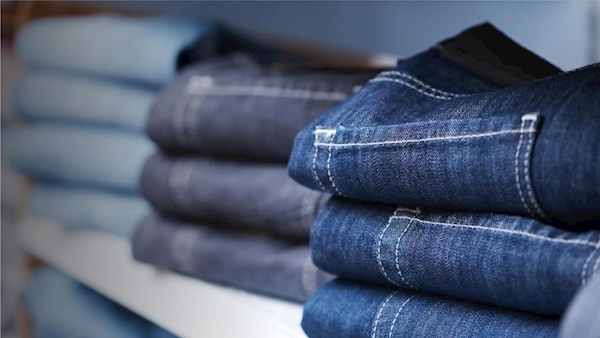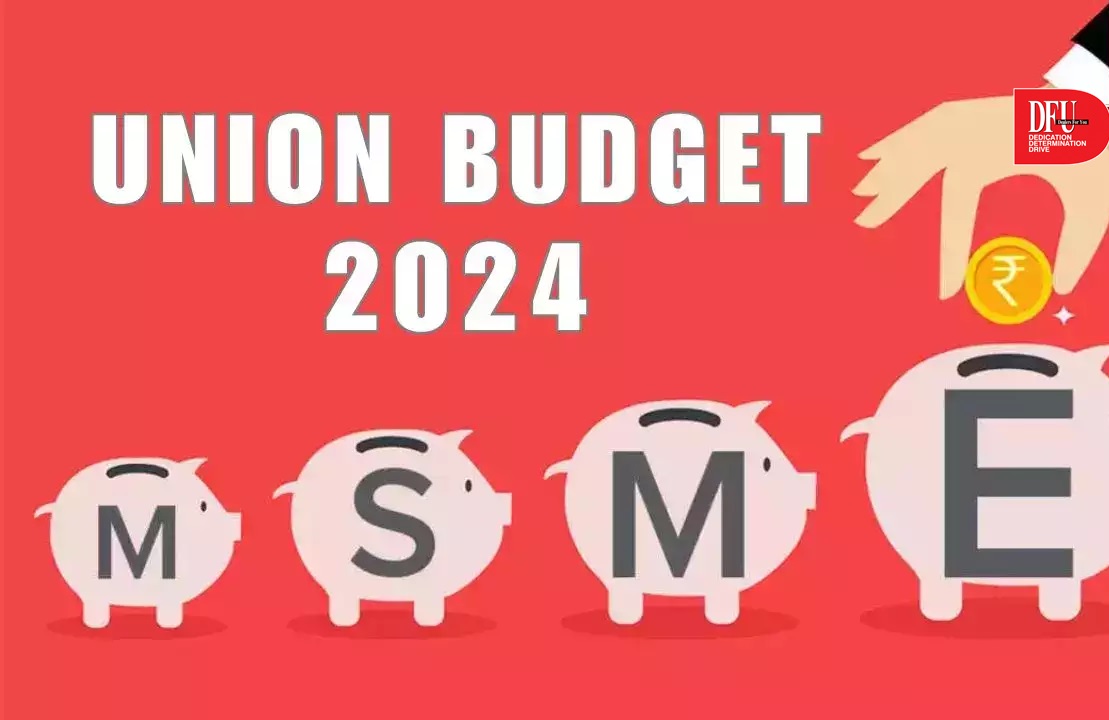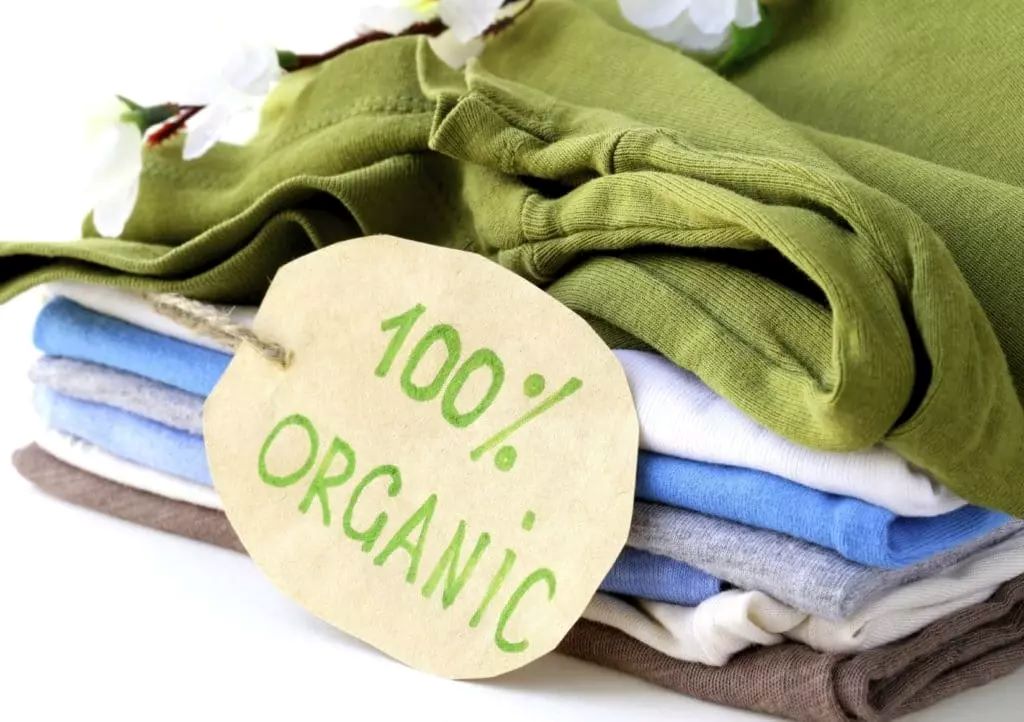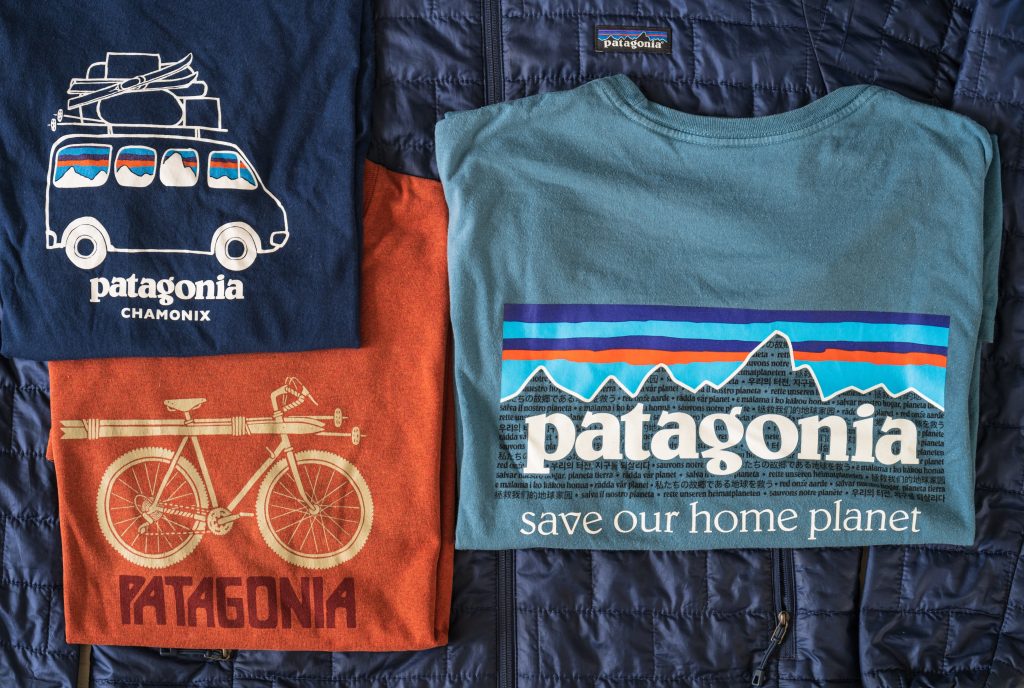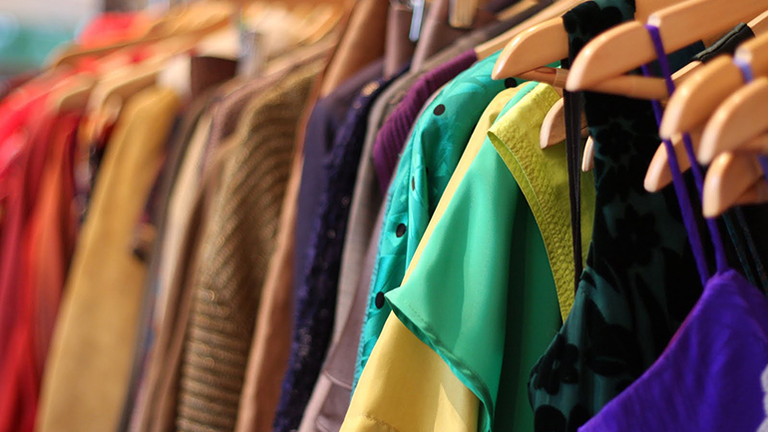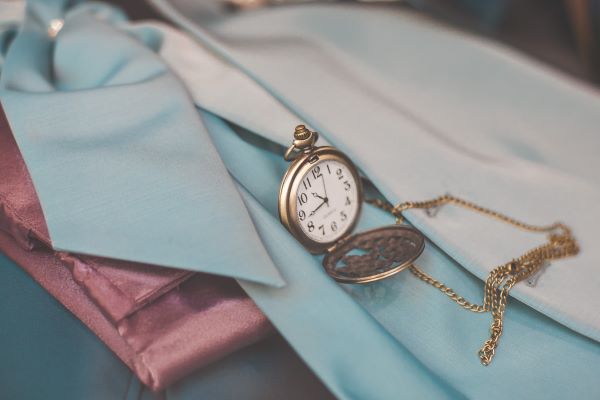
At the conclusion of 2022, the top five luxury brand values indicate that even though most of the world is in a fix with never-ending inflation, luxury just carries on as if all is well with the world. The top five luxury brands closed 2022 with brand values of: Louis Vuitton $124,273 million, Hermès $80,323 million, Chanel $53, 021 million, Gucci $37,887 million and Dior $10,534 million. Year 2023 is turning out be quite similar as the first quarter 0f 2023 shows Louis Vuitton’s sales growing 17 per cent and Hermès sales grew 23 per cent compared to the same period last year.
The buoyant lifestyle of ultra-high wealthy is clearly keeping the luxury sector in the black. Compared to the ultra-high net worth individuals, income-groups lower down the ladder are actually slashing spends on designer items by half. The return of Chinese consumers after nearly three-years of self-imposed lockdown has added to the buoyancy of luxury goods as witnessed by the LMVH collective of Louis Vuitton, Christian Dior and Celine whose sales increased 30 per cent in mainland China in the first quarter of 2023 compared to the first quarter of 2022. European luxury stocks have been on a jubilant run, gaining 23 per cent on average this year compared to 14 per cent rise in the MSCI Europe index.
Luxury goods could be the best to invest in
The flush of the luxury sector continuous success has been noted by wealth managers as they have now begun advising investing in the sector. Luxury is actually an interesting market to secure money. Beyond representing history, know-how, prestige and scarcity, it is an industry that resists crises, since luxury customers, due to their financial wealth, recover very quickly or even do not suffer when they arrive. Luxury goods might become to best assets to invest on in the coming years.
Almost recession-proof, the flourishing luxury goods market is still one of the most successful industries worldwide and has a very bright future ahead. With a high profitability in a short period of time, it is going to be the biggest rival of real estate or stock market investments for wealthy people. However, in terms of investing in stocks, the investor has to be careful in choosing. Last year, three companies — LVMH, Hermès and Richemont — took home 75 per cent of the industry's incremental revenue, revealed a Bank of America analysis.
When rivals report their results, it will become clearer who is winning or losing market share. It’s even more interesting for people living in emerging countries where financial markets and domestic currencies are not stable. The reason to believe in luxury is because the industry has been surprisingly resilient in previous economic downturns. In the global financial crisis, the sector had two quarters of lower sales before it began to grow again, while global gross domestic product contracted for four.
Experts question if this growth is sustainable in the long run? It looks like it really is. This year, bullish analysts expect luxury industry sales to increase by 8 to 10 per cent compared with the International Monetary Fund's 2.8 per cent forecast for global growth.
Luxury’s big new playground India
India, the world’s fifth largest economy now supports a 105 per cent rise in millionaires by 2026 and living in India will be the single largest consumer group of all things luxury. In India though, luxury real estate and automobiles top the list of luxurious acquisitions with experiential luxury coming in a close third with holidays, staycations, F&B and of course lavish destination weddings. Luxury fashion and accessories such as watches and exclusive jewellery have been around but now they are full on as brand after luxury brand make Indian metros their must have destinations.


